Toyota offers a broad range of fleet-friendly vehicles. In fact, more than half of our model lines are electrified with eco-friendly hybrid technology which reduce emissions, generate low Benefit In Kind fees, and minimise each company’s fleet cost base. Great news for fleet managers indeed.
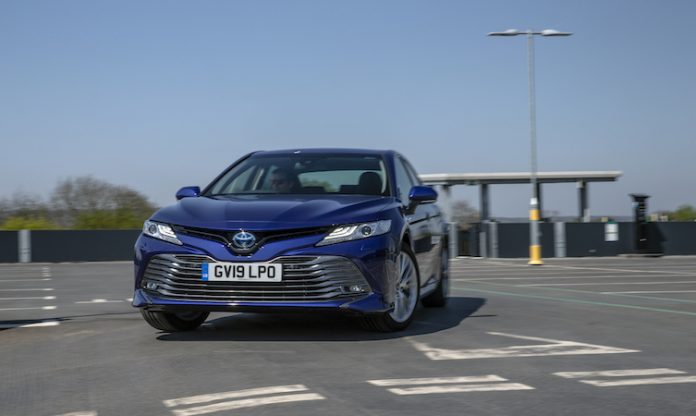
Toyota’s hybrid powertrains deliver impressively low CO2 emissions and competitive whole-life running costs. They also typically emit low NOx emissions and therefore do not require expensive particulate filters or other emission-reducing systems. Meanwhile, regenerative braking significantly reduces both brake and tyre wear.
Read more Information for fleet managers
As fleet operators will no doubt appreciate, the initial purchase price of a vehicle does not always offer a reliable indication of how much a car will cost to run. Running costs and residual values actually have the greatest impact as they narrow the difference between the original purchase price and final sale price.
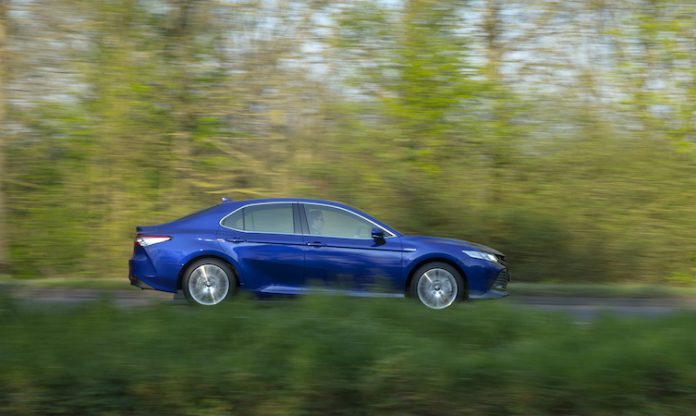
How do Toyota hybrid vehicles measure up?
We believe they offer the perfect choice for businesses by virtue of their environmental, financial and practical benefits. Here are the key factors.
- Lower whole-life costs. Compared to an equivalent diesel model, a Toyota hybrid is typically cheaper to own and run. Over three years and/or 60,000 miles, the savings can run into thousands of pounds.
- Driver appeal. Drivers of Toyota hybrids enjoy smooth, quiet and instantly responsive electric motor power, boosted by the petrol engine when needed.
- There is no need to plug in a Toyota hybrid. A combination of the petrol engine and regenerative braking automatically charges the battery during normal use, which means there are no battery limitations on the vehicle’s range.
- Toyota hybrid models produce less CO2 than conventional petrol-engine cars, which helps reduce global warming. In addition, compared to diesel cars, our hybrid models produce much lower levels of harmful nitrogen oxides and particulates, which helps to improve air quality.
- Less tax. Low emissions reduce tax liability. Business users typically pay less Benefit In Kind tax (BIK), while fleet operators accrue less company car tax, National Insurance contributions and Vehicle Excise Duty.
- Improved miles-per-gallon. The electric motor automatically works alongside the petrol engine to maximise fuel efficiency in all driving conditions. Test-drive data has shown that in normal circumstances the electric motor can power the vehicle for up to 53% of journey time, meaning no fuel is used.
- Reduced maintenance and costs. Toyota hybrid vehicles require fewer service and replacement parts. There is no clutch, alternator or timing belt to replace, and regenerative braking through the hybrid system means that brake discs and pads last longer.
Toyota has an experienced team of fleet specialists who are committed to providing an outstanding level of customer service.
Read more Toyota’s guide to total cost of ownership
Contact the business support team at your local Toyota centre for more information, or contact your dedicated area fleet manager. Either will be able to provide all the comparable facts and figures needed to make an informed decision on running an efficient fleet.
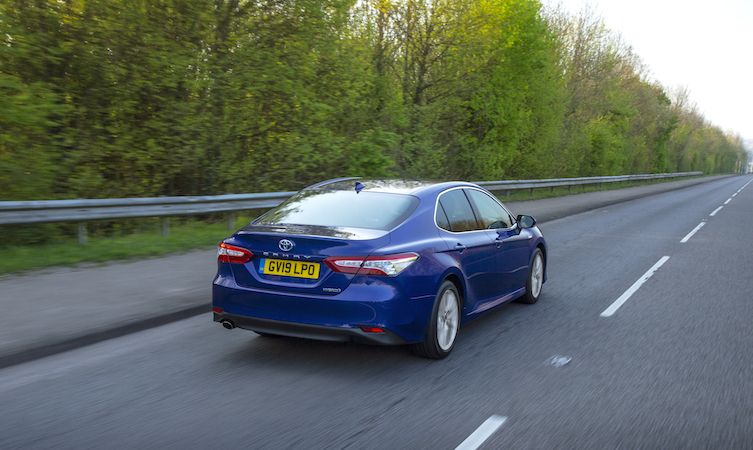
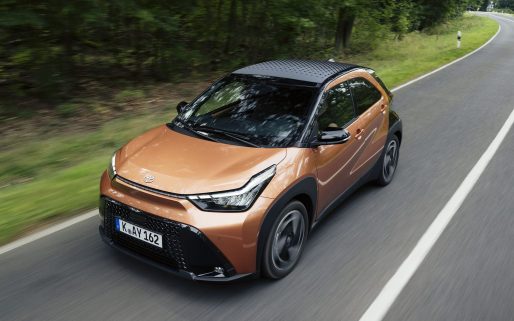


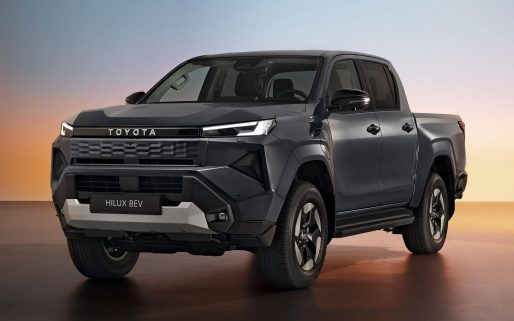
I have 2019 camry which doesn’t have carplay, so is it possible to upgrade it? And I don’t understand why it has Not carplay even wired ?
Hi Yowhaans,
Thanks for your comments.
It could be down to the system limitations of your car but if you would be so kind as to let us know your vehicle registration number we can certainly check to see if there are any upgrades available for you.
Many thanks,
Toyota UK